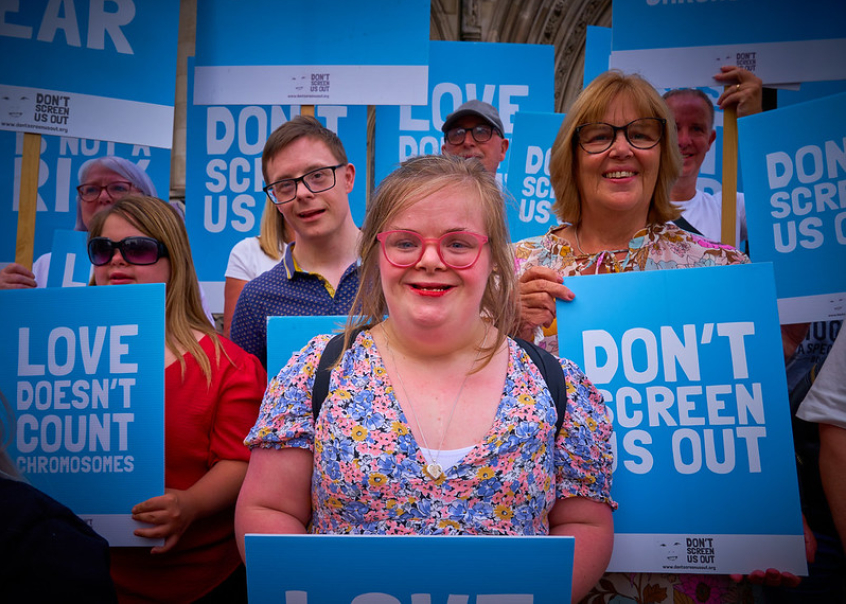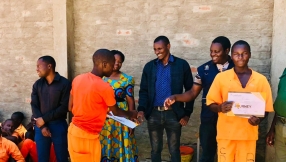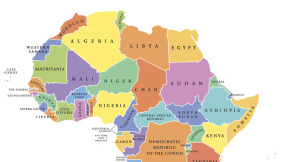
A woman with Down's syndrome is taking her landmark case against the UK's disability abortion laws to the European Court of Human Rights.
Under current UK law, babies with Down's syndrome or other disabilities can be aborted up to birth. The usual time limit for abortion is 24 weeks.
Heidi Crowter, who has Down's syndrome, took the UK government to court over the disability clause but lost in the High Court and Court of Appeal.
She is seeking permission to appeal to the ECHR after the UK Supreme Court refused to hear her case.
Commenting on her decision to continue her legal fight, she said that the law "singles out babies with disabilities" and is "not fair".
"I am taking my case all the way to the European Court of Human Rights at Strasbourg because it is downright discrimination that people with disabilities are treated differently," she said.
"In 2023, we live in a society where disabled people are valued equally after birth but not in the womb."
She continued, "This law sends a message to people like me with Down's syndrome that we are less valuable than others. This is not true and it is not right."
She added, "I have a great life. I want every baby with Down's syndrome to have the same chance to live and enjoy their life.
"I hope we win. People shouldn't be treated differently because of their disabilities, it's downright discrimination."
Government figures show that there were 3,370 disability-selective abortions in 2021, up by 9% on the previous year. Of these, 859 were for babies with Down's syndrome.
The number of disability-selective abortions that took place after 24 weeks rose by 20% to 274 in 2021, with 24 being for babies with Down's syndrome.
In 2017, the UN Committee on the Rights of Persons with Disabilities recommended that the UK government change its abortion laws to remove disability discrimination. The government has not acted upon this recommendation.
Lynn Murray, spokesperson for Don't Screen Us Out, whose daughter has Down's syndrome, said: "By stating that disability is grounds for termination, section 1(1)(d) of the Abortion Act, promotes inequality and perpetuates negative stereotypes. This law sends a message that people with disabilities are less worthy of life and protection than others.
"The provision in the Abortion Act harks back to a time when we thought it was better for people with disabilities not to be part of our society. We live in a far more inclusive and progressive society now, where we celebrate diversity, and all of our laws should reflect that."
Christian advocacy group CARE said that Crowter's case is "important".
Ross Hendry, CEO of CARE, said: "The fact UK law permits abortion up to birth in cases involving disability is disturbing. Would we accept legislation enshrining abortion on the grounds of race, or sex? The current approach sends a message that disabled lives are worth less.
"It's disappointing that Supreme Court judges won't hear Heidi's hugely important case, but we commend Heidi's determination to continue her fight to the ECHR. A ruling in her favour would have positive implications across Europe - not just for disabled people but the whole of society and how we respect every person equally.
"Whatever the outcome, we pray that in time, whether it is through the courts or the parliamentary process, the UK will end regressive disability abortions."













